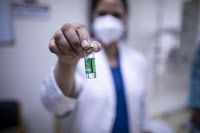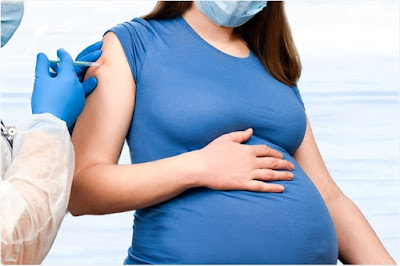Things Known about Omicron

Almost everyone around the world are concerned about the Omicron variant of COVID-19. We’ve collected the latest expert information about this new variant and will continue to update this article as more information becomes available. Omicron variant The Omicron variant of COVID-19 has been called a variant of concern by WHO based on the evidence that it has several mutations that may have an impact on how it behaves. There is still substantial uncertainty regarding Omicron and a lot of research underway to evaluate its transmissibility, severity and reinfection risk. How it Developed When a virus is circulating widely and causing numerous infections, the likelihood of the virus mutating increases. The more opportunities a virus has to spread, the more opportunities it has to undergo changes. New variants like Omicron are a reminder that the COVID-19 pandemic is far from over. It is therefore essential that people get the vaccine when available to them and continu









